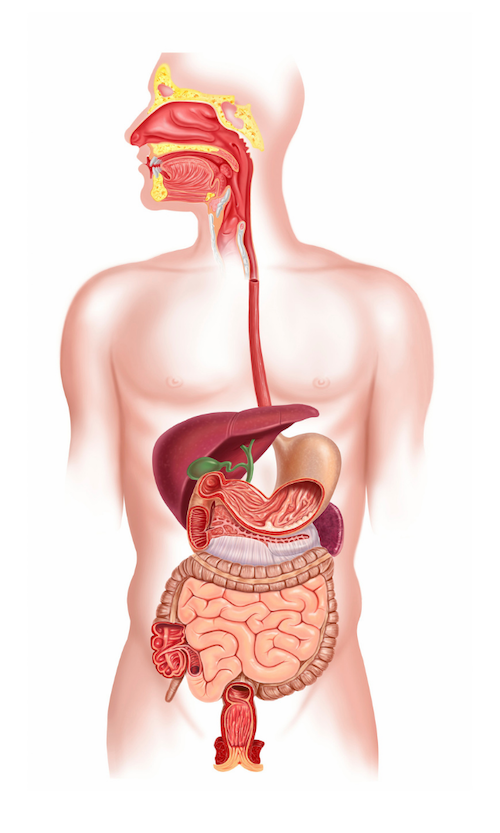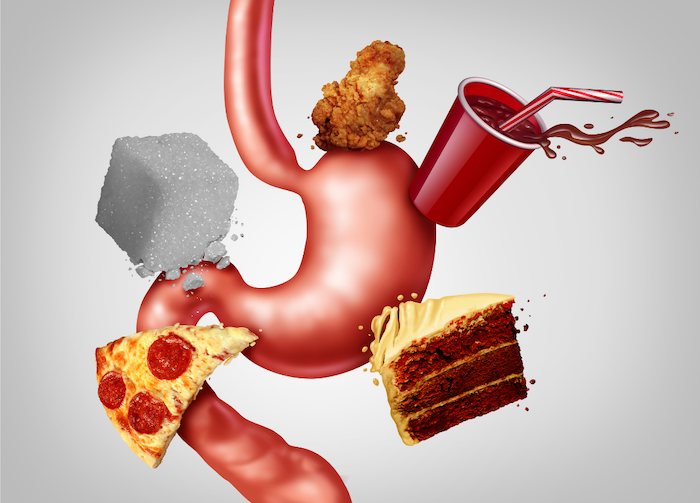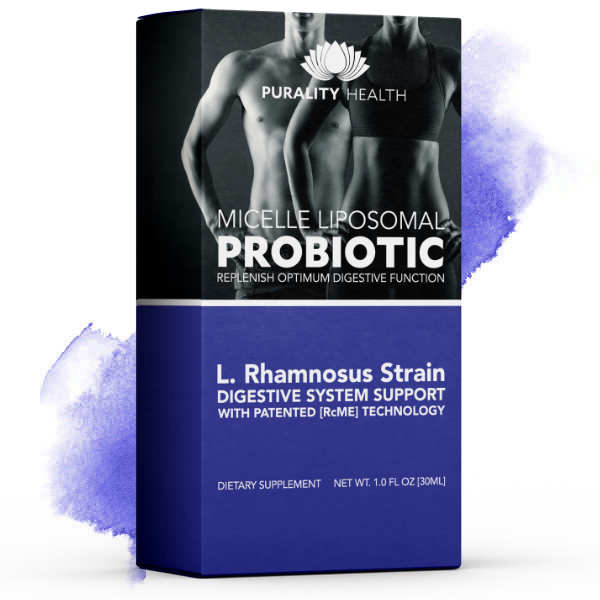Tips for Good Digestion
The digestive system is complex. Some foods or habits are worse for it than others.
Something that can put a huge damper on your day is digestive issues. An upset stomach or needing to be within close range of a bathroom doesn’t make for a good time. That’s why in today’s blog, we’ll cover some tips for good digestion, as well as why you may be experiencing digestion problems.
The Importance of Good Digestion
Good digestion is important for overall health and well-being. It helps the body to break down food and absorb nutrients, and also eliminates waste products. When digestion is working properly, it can help to improve energy levels, mental clarity, and overall health.
However, when digestion is impaired, it can lead to a number of problems including gas, bloating, abdominal pain, constipation, diarrhea, and fatigue. Additionally, poor digestion can also make it difficult to lose weight or gain muscle mass. For these reasons, it’s important to take care of your digestive system and to be aware of the foods and habits that can impact it.
Common Digestive Problems
There are a number of digestive problems that people experience. Some of the most common include:
Acid reflux: This occurs when stomach acid flows back up into the esophagus, causing heartburn and other symptoms.
Constipation: This is a condition in which stool becomes hard and difficult to pass. It can be caused by a lack of fiber in the diet, dehydration, or certain medications.
Diarrhea: This is characterized by loose, watery stools and can be caused by viruses, bacteria, or food poisoning.
Irritable bowel syndrome (IBS): This is a condition that affects the large intestine and can cause abdominal pain, bloating, gas, constipation, and diarrhea.
Tips for Good Digestion
There are a number of things you can do to promote good digestion and to avoid digestive problems. Some tips include:
Eating slowly and chewing food thoroughly
One of the most common reasons for digestive problems is eating too fast. When you eat quickly, you tend to swallow air along with your food. This extra air can cause bloating and gas.
Eating quickly can also lead to indigestion and heartburn. Chewing food thoroughly and taking time to relax while you eat can help alleviate these problems. This allows the saliva to break down the food and makes it easier for the stomach to digest what you’ve eaten.
Avoiding processed and high-fat foods
Another common cause of digestive issues is consuming high-fat foods. Fat takes longer to digest than other nutrients, so it can sit in your stomach and cause discomfort. In addition, fatty foods can also trigger heartburn and indigestion. To avoid these problems, try to limit your intake of high-fat foods. These types of foods can be difficult to digest and can lead to problems such as acid reflux and constipation.
Getting regular exercise
Exercise helps to stimulate the digestive system. Physical activity increases blood flow to the muscles in the digestive system, which massage our food along the digestive tract – a process known as peristalsis – causing them to work more quickly and effectively. This is why a walk after a meal is beneficial.
Additionally, exercise and can aid in weight loss, which can also help improve digestion
Doing your best to avoid stress
Stress can also contribute to digestive problems. When you’re feeling stressed, your body produces more cortisol, which can lead to inflammation in the gut. This inflammation can cause a variety of digestive issues, such as constipation, diarrhea, and bloating. If you’re frequently feeling stressed, it’s important to find ways to relax and reduce your stress levels.
Drinking plenty of water
A common myth is that you shouldn’t drink water while eating or even any time around a meal. However, there is no evidence to support this. In fact, it’s the opposite. Water helps to keep the digestive system hydrated, making it easier to break down food and absorb nutrients. It can also help to soften stool and promote regular bowel movements.
Avoiding smoking and excessive alcohol consumption
These habits can irritate the digestive system and lead to problems such as gastritis, ulcers, and more.
Smoking weakens the lower esophageal sphincter, the muscle between the esophagus and stomach that keeps stomach contents from flowing back into the esophagus. This loss of strength causes heartburn and ulcers, among other issues.
Alcohol irritates the gut, causing inflammation in the lining of the intestines, which stops the gut from absorbing nutrients as well as usual.
Taking probiotics
Probiotics are the good guys in your gut. They consist of good bacteria which provide a range of health benefits like improving digestion, boosting immunity, and supporting cognition. Additionally, they can produce a snowball effect, allowing for the growth of more beneficial bacteria which can help you even more!
However, a lot of probiotic supplements aren’t manufactured with care. Probiotics are extremely vulnerable and can be destroyed at some point in the supply chain. And then even if they do make it to you intact, chances are the acid of your stomach will break them down before they have a chance to thrive in your gut.
Purality Health uses a patented delivery technology that ensures the beneficial bacteria can make it to your gut intact so that they can benefit you.
>>> To learn more about this, click here.
In summary…
Good digestion is important for overall health and well-being. There are a number of things you can do to promote good digestion, including eating slowly and chewing food thoroughly, avoiding processed and high-fat foods, getting regular exercise, and drinking plenty of water.









